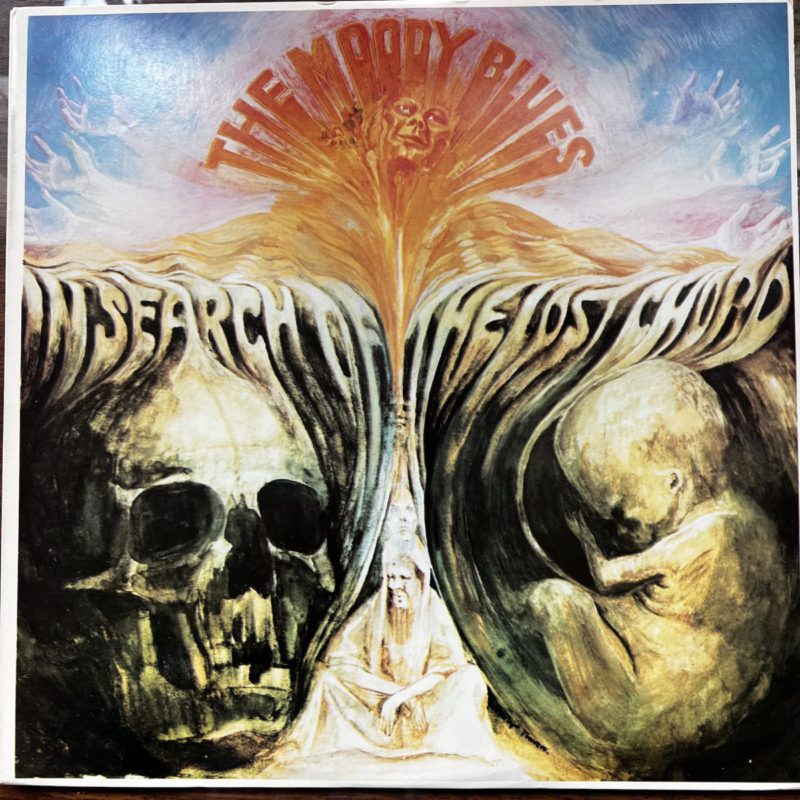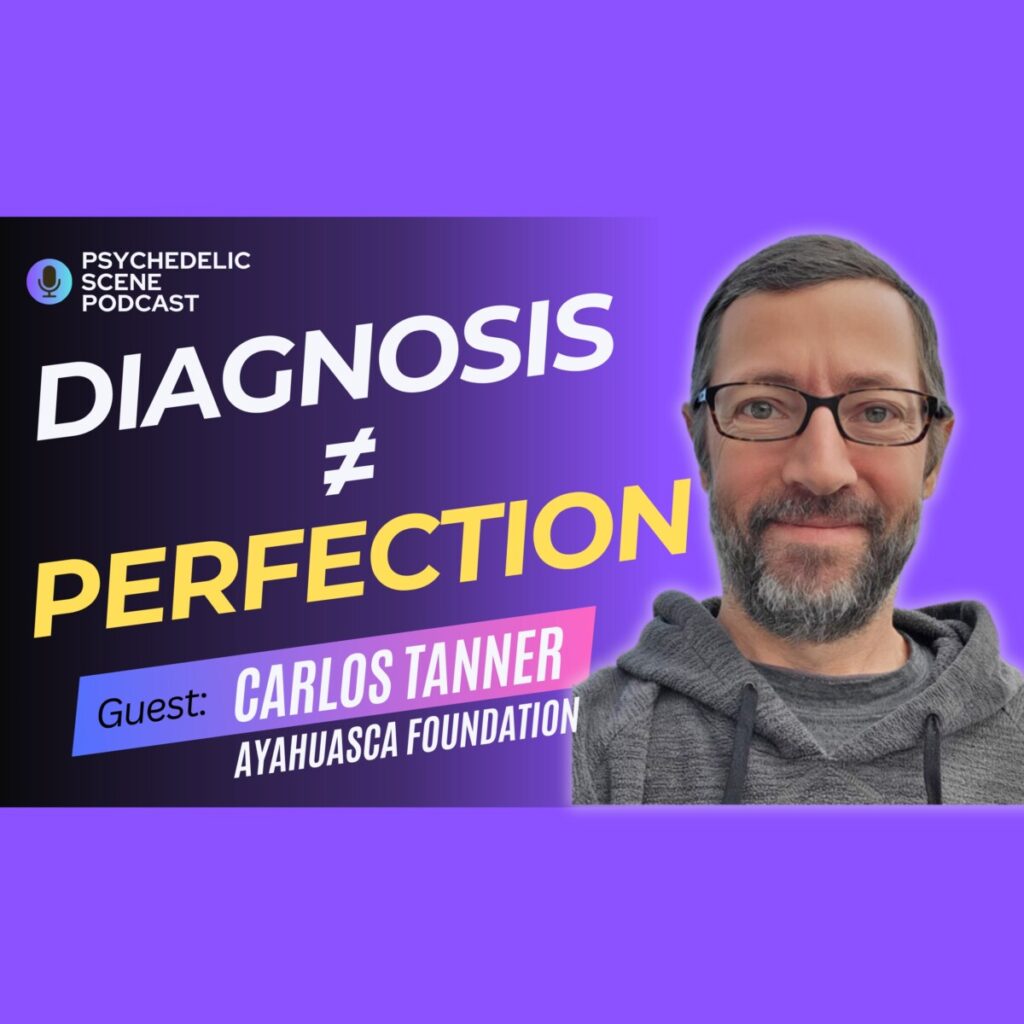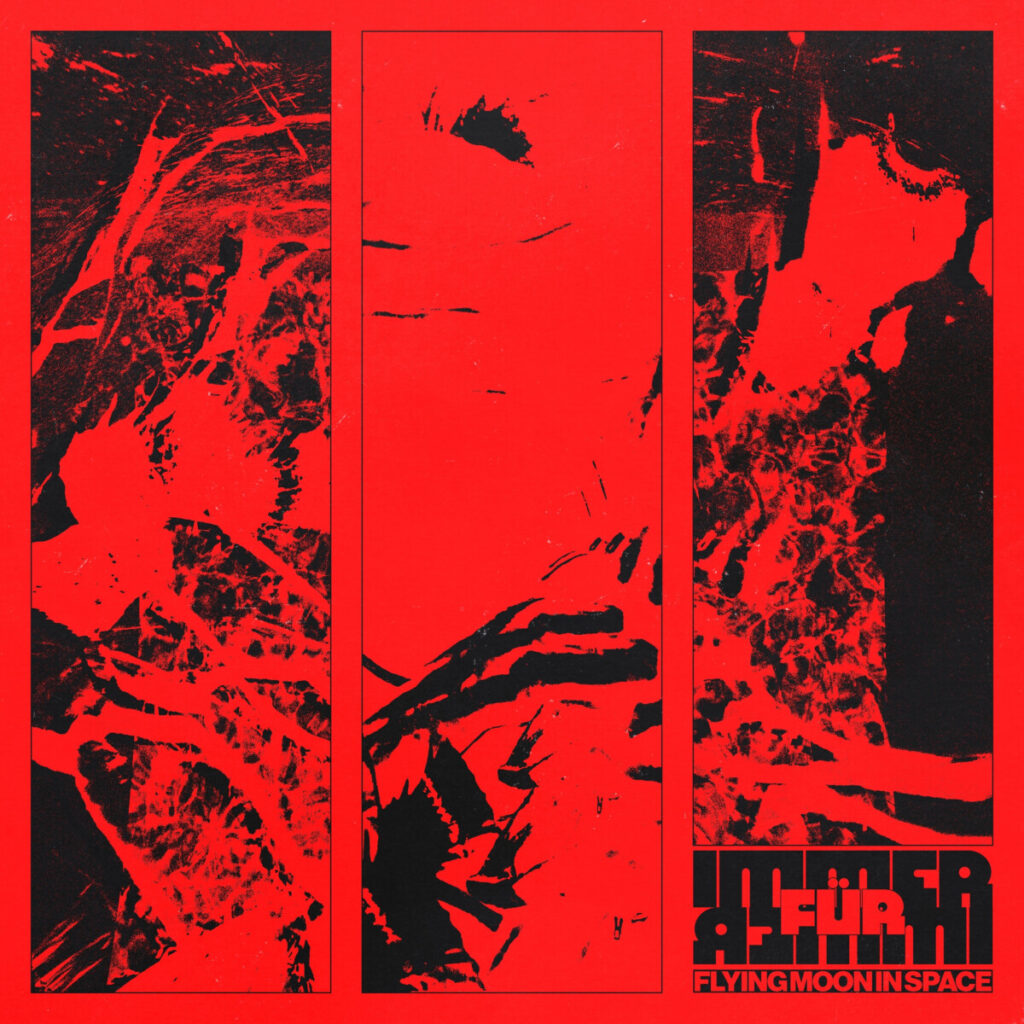The Psych Ward: In Search of the Lost Chord by the Moody Blues
The Psych Ward: In Search of the Lost Chord by the Moody Blues
Exploration. Prior to the sixties, a British audience might equate this notion with romantic exploits of mountaineering or adventure on the high seas…Sir Francis Drake sorts of things. With the sixties in full swing the Moody Blues in 1968 created In Search of the Lost Chord, a treatise on the exploration of the mind and spirit. Thematically this is about seeking deeper meaning and finding that singular thread. This quest is more than just a musical journey; it is humanity’s search for a universal connection to each other—and the universe itself.
The Moodies’ previous effort was the stunning orchestral concept album Days of Future Passed (1967) produced by Tony Clarke. Clarke’s production loomed large over the band’s career. He encouraged and developed their psychedelic sound on eight records between 1967 to 1978. While Days utilized and
Thematically this is about seeking deeper meaning and finding that singular thread.
orchestra as augmentation, In Search of the Lost Chord sees all members playing new and exotic instruments to convey the songs’ moods. Keyboardist Mike Pinder’s use of a Mellotron contributed greatly to the iconic sound of the Moody Blues, the instrument intrinsically woven through their early seventies work.
“Visions of Paradise” features a sweet-sounding flute and acoustic guitar backing which is pure bliss. Indian instruments intertwine with Mellotron strings and every line reads like Victorian poetry. The lyrics of songs like “Voices in the Sky” and “House of Four Doors” paired with the poetic passages by drummer Graeme Edge prove what talented wordsmiths they truly were, all cradled in harmoniously structured music designed for relaxation.
The outstanding wrap-around track “House of Four Doors” is captivating with its arcane vision. The four succeeding doors open with creaking effects to enter different musical rooms. The search for the musical thread of life leads to the fourth door where we are met with “Legend of a Mind,” a heroic folk tale of LSD guru Timothy Leary and his methods of psychedelic experience.
Everything flows beautifully through this recording.
The eastern-tinged “Om” comes on like the sunrise of a peaceful morning. Guitarist/Singer Justin Hayward’s sitar playing is phenomenal throughout this track, and the vocal harmonies lift you to the heavens on mystical, vibrating clouds.
This album encapsulates precisely what is wonderful about English progressive psychedelia. Soothing woodwinds intertwine with exotic Eastern flavors; Pastoral poetic passages mix with modern mechanical technology. Did I mention sitars? Everything flows beautifully through this recording. Nothing is jarring and the flow of the album ripples and allows your mind to wander and your senses to awaken.
Highlights: “Ride My See-Saw,” “The Best Way to Travel,” “House of Four Doors”
Related: The 100 Best Psychedelic Rock Albums of the Golden Age
The Top 200 Psychedelic Songs from the Original Psychedelic Era
Gallery
Recent Articles
Can Molly Mend Your Marriage?
•
February 16, 2026
Immer Für Immer by Flying Moon in Space–Album Review
•
February 13, 2026

Loading...



